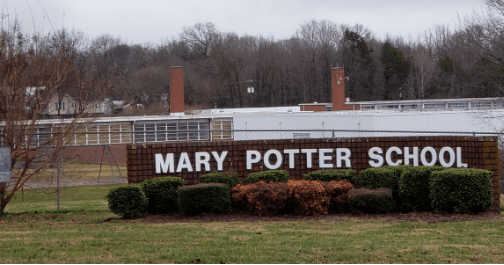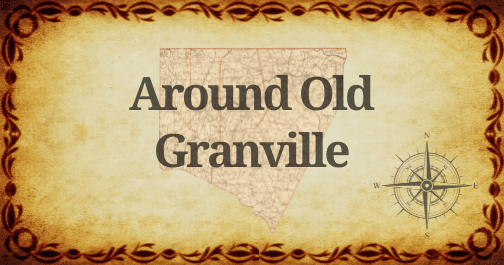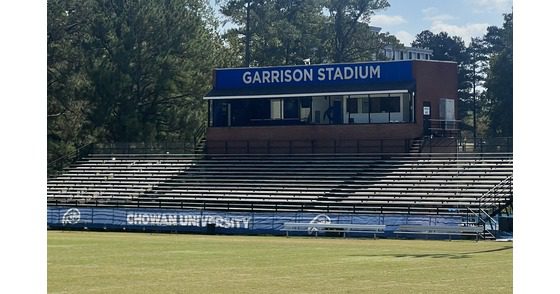Back in his day, James Turner may have been considered a “typical” farmer in the area – by today’s standards, however, it depends on how you define “typical.”
Turner owned productive farmland, but he also was a legislator, a U.S. senator and served three one-year terms as the governor of North Carolina.
The plantation home known as Oakland, situated near Williamsboro, burned down in 1935, but his other home, Bloomsbury, still stands in Warren County in the general vicinity of Ridgeway and Manson.
Turner was born in 1776 and died in 1824, and he and some of his contemporaries were the topic of the tri-weekly history segment of TownTalk with Bill Harris and Mark Pace.
Pace, a local historian North Carolina Room specialist at Oxford’s Richard Thornton Library, said Turner was referred to as “Lordly Governor Turner,” in his day. He was among a handful of prominent Warren County-area individuals that some have called the “Warren Junta.”
The term “junta” refers to a small group wielding great power in a country, usually following a revolution.
“Between 1790 and 1840, Warren County was the place to be,” Pace said, adding that during that time, three of the state’s five governors hailed from Warren County.
One governor, Nathaniel Macon, went from governorship to become the Speaker of the U.S. House.
In 1802, Turner was chosen by the state legislature to be the 12th governor of the state following the death of John B. Ashe, who died after being elected governor but before he could be sworn in to office.
He then served three one-year terms and then represented North Carolina in the U.S. Senate.
Turner was among a group of relatively conservative politicians at the time who advocated minimal responsibilities by the federal government – basically, they just wanted a federal postal service, Pace said.
There is some uncertainty about where Turner is buried, but Pace said he is fairly confident that Turner’s final resting place is at Bloomsbury.
One of Turner’s sons, Daniel Turner, also figured prominently in the politics of his day. The younger Turner, a West Point graduate, also served in the state legislature and in the U.S. Congress, Pace said. But he never really was able to capitalize on the opportunities afforded him.
He came home to Warren County and studied to become an attorney, Pace said. He was elected to the state house, and then made a successful bid for the U.S. Congress, where he served a couple of terms.
Pace said Turner opened an academy in Warren County. His wife, Anna, “ran things and kept things going,” Pace said. The academy brought in teachers from up North and was going along pretty well until it ran into financial trouble.
“His friends got together, pulled some strings,” Pace said, and Turner ended up accepting an appointment to be the director of the Naval shipyard in San Francisco Bay. He and his wife both are buried there.
Turner’s wife, Anna, married into a fairly prominent family, but her lineage was nothing to sneeze at. Her maiden name was Key – and her father, Francis Scott Key, was an attorney in his own right who perhaps is best known as the person who wrote what was to become this country’s National Anthem.
CLICK PLAY!


















